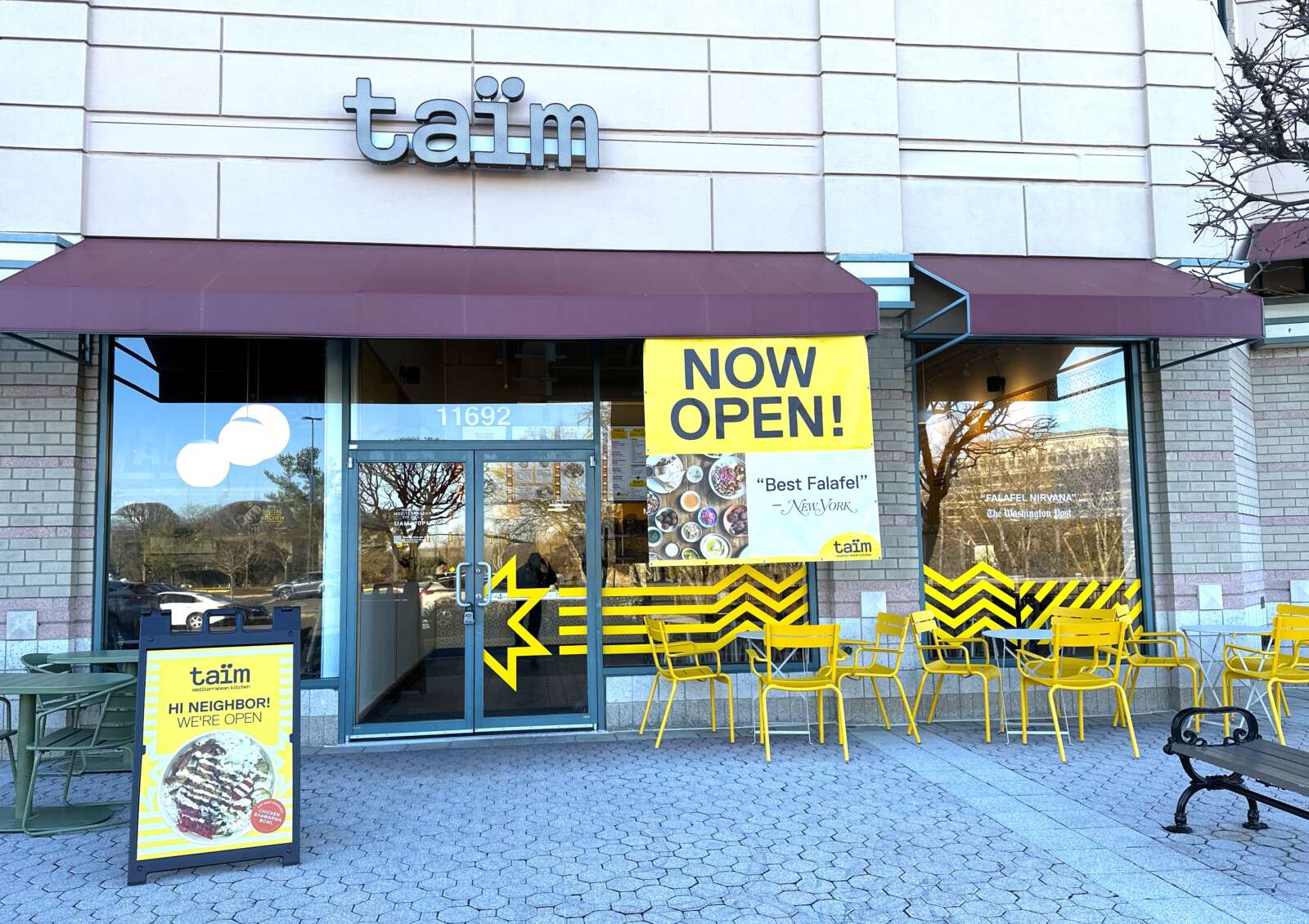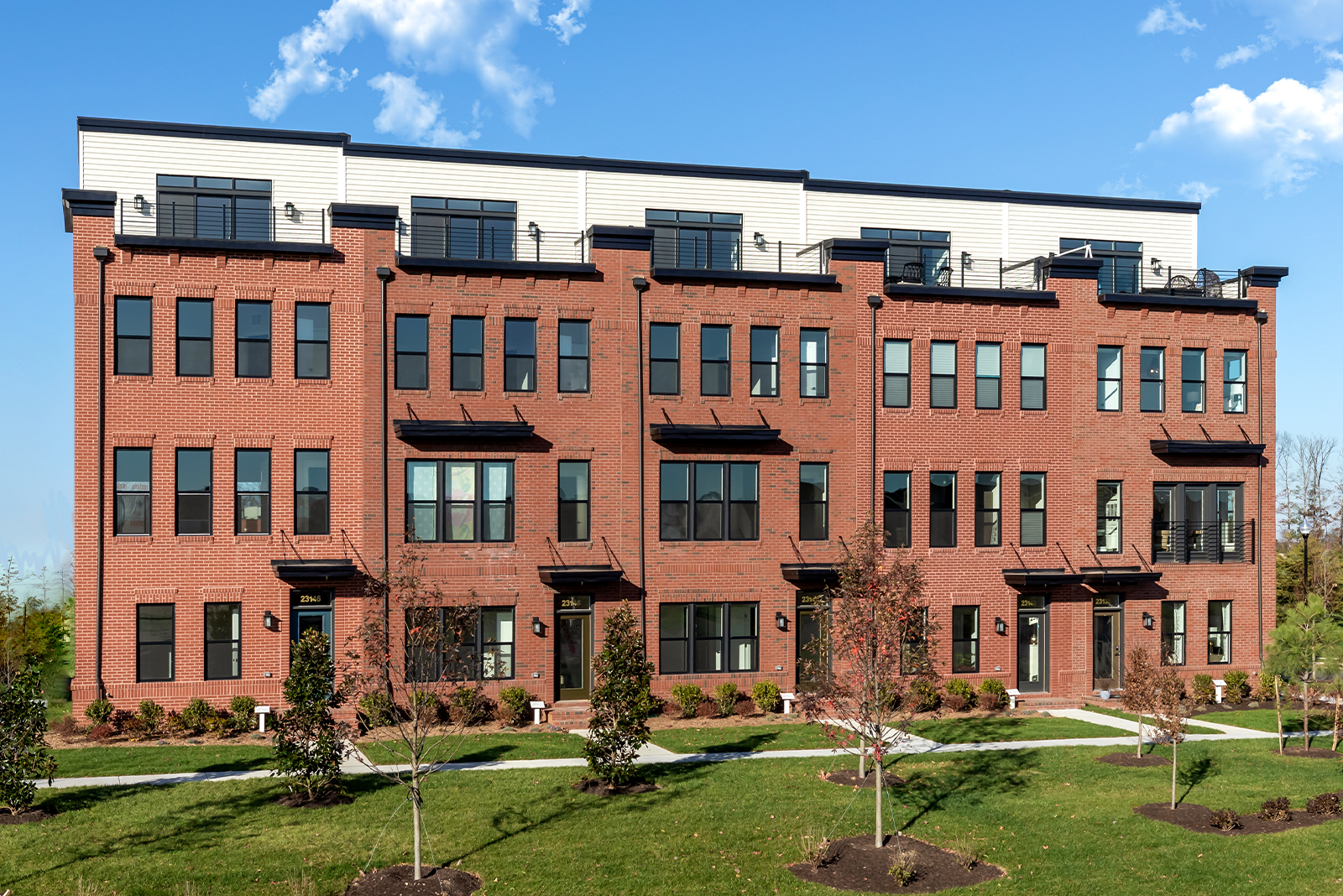 This is an op-ed submitted by Terry Maynard, co-chair of Reston 2o20. It does not reflect the opinion of Reston Now.
This is an op-ed submitted by Terry Maynard, co-chair of Reston 2o20. It does not reflect the opinion of Reston Now.
On Thursday, Feb. 11, the Greater Reston Chamber of Commerce is sponsoring a seminar called, “The Changing Future of Reston, ” but — as the agenda shows — it’s really about who will pay for the added public infrastructure the intense private development of Reston’s urbanizing corridor will require.
Noting that Fairfax County has identified $2.63 billion in needed transportation improvements because of the expected Metro-related development, the Chamber agenda includes:
During the first half of 2016, the County expects to settle on a plan:
- Who should build the new transportation improvements; and
- Who should pay for them; and
- What revenue sources should be used to pay for it (sic). Potential revenue sources include federal, state and/or county taxes, new or expanded tax districts on existing businesses and residents, proffers or other vehicles, with collections commencing as early as 2017.”
And the panelists? Two developers, the chief of the county transportation staff, and RA’s Chief Executive Officer, all led in their discussion by a developer-paid Reston land use attorney.
It doesn’t take much thought to figure out where this discussion is headed: Developers are looking for ways and rationalizations to shift the infrastructure cost burden to others. And the only significant option within the County’s control is shifting the cost burden to us, its residents.
The Reston 20/20 Committee has stated since its creation seven years ago that those who stand to benefit financially from development should be the ones who pay the costs of making it work. At the same time, Reston 20/20 has regularly encouraged appropriate high-density transit-oriented mixed-use development in our station areas with the necessities and amenities expected in our special planned residential community as a means to facilitate our community’s continued economic, cultural, intellectual, and recreational growth. We believe it is important to sustain, if not improve, our quality of life.
We stand by that thinking as the county — and the Chamber of Commerce — moves forward in looking at who should pay for the infrastructure required to support the doubling of Reston’s population and jobs (most of it along the Dulles Corridor) over the next 30-40 years.
That said, virtually no Reston resident will accrue any financial benefit — even an appreciation in home value — by the building of an office or residential building, say, near the Wiehle Metro station. Yet that construction will generate more traffic (the apparent focus of the Chamber’s discussion), more children needing schools, more workers and residents needing parks and recreation, more families and employees seeking library resources, and more pollution requiring better environmental management, among other costly consequences.
So why should the residents of Reston or anywhere else in the county even be in the discussion as a source of funding for an infrastructure requirement in Reston generated by the profit-driven activities of private developers? It doesn’t matter whether that discussion is about additions to property tax rates (which must be the same on all property by state law), new or expanded special tax districts (like Reston Tax District #5) and rates, meals taxes on restaurant goers, added occupancy taxes on local hotel visitors, higher sales taxes, etc.
But here’s the ugly twist: The county government’s financial interests are more aligned with the developers than the residents it was elected to represent. The County, which is seemingly always desperate for new tax revenues, stands to receive large new revenue streams from development as the greater value of the new high-density properties generates more property taxes.
At the same time, the development will also force the County to invest billions of dollars to build the needed supporting public infrastructure. The consequence is that the County doesn’t want to impose costs on developers that might discourage their tax-revenue generating construction although a wide variety of mechanisms are available, including proffers, impact fees, in-kind contributions, tax increment financing, etc. (See chart for a high-level summary.)
So residents, especially property owners, end up becoming the county’s cash cow. In fact, Fairfax County homeowners have already become the primary source of County property tax revenues since the slump in commercial property values seven years ago.
We challenge the Greater Reston Chamber of Commerce, its panelists, and its membership to look closely at itself and not others–not residents, not retailers, not diners, not non-voting visitors, etc.–to contribute what is
needed to sustain, if not improve, our Reston community. Private developers who will profit should pay for the public facilities that will be required to make their development and our community succeed.
Reston 20/20 will be looking to see whether there are any signs of that corporate social responsibility to the community coming out of this Thursday’s Chamber seminar. And, in the near future, we will look to the County to offer a free community seminar — or several — on what public infrastructure needs to be built with the coming development and solicit the public’s input on who should pay for it.
The seminar is at Hidden Creek Country Club from 4:00-6:30 p.m., Thursday, Feb. 11. Anyone may attend, but non-members must pay $50 admission and an extra $10 at the door.





